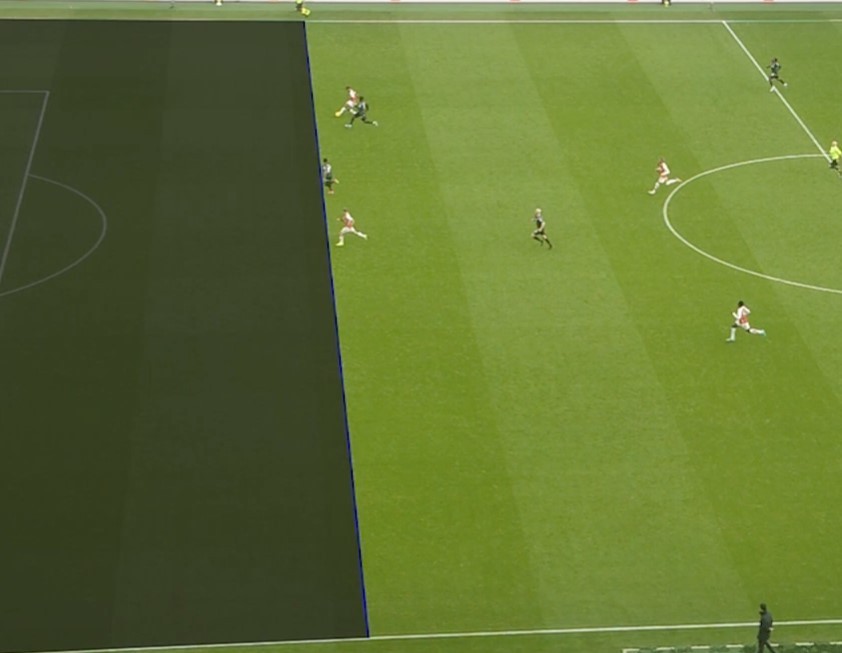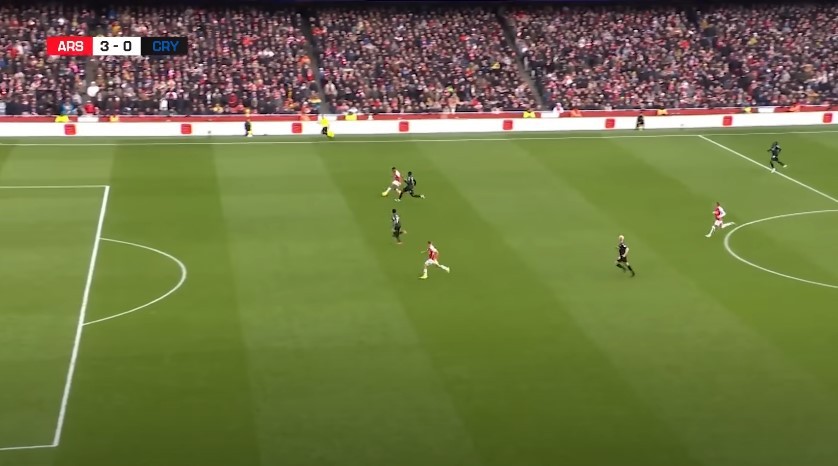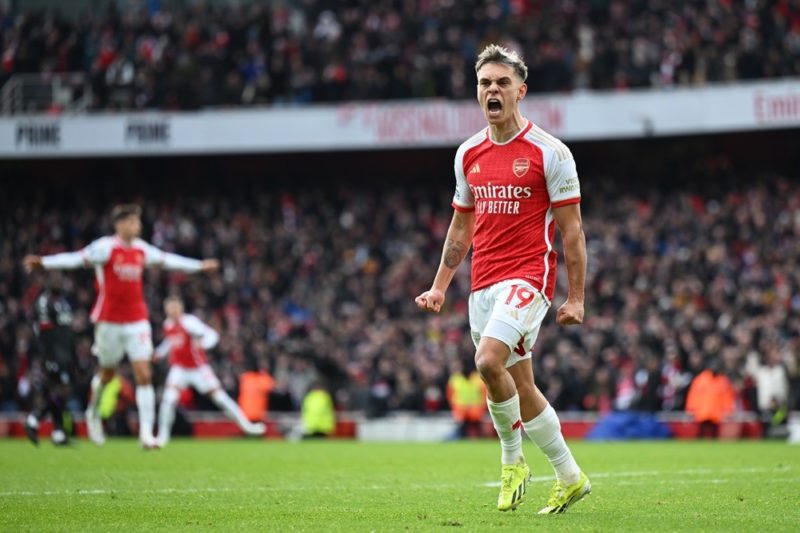Leandro Trossard scored Arsenal’s third goal against Crystal Palace on Saturday, and the strike highlighted one of VAR’s major failings.

With Arsenal 2-0 up but not having put their match against Crystal Palace to bed, Leandro Trossard settled a few nerves when he fired home a shot past Dean Henderson to end a clinical counter-attack.
The move took a matter of seconds to go from one end of the pitch to the other, as David Raya hurled a long throw into the path of Gabriel Jesus, who played the ball across to Trossard to score.
The Arsenal fans at the Emirates Stadium should have been able to revel in the moment, but then the dreaded words appeared on the big screens: “Checking Goal – Possible Offside”
From the moment Trossard’s shot hit the net to the moment the goal was given, there was a 103-second wait for the video assistants to check it.
When you see the eventual freeze frame, it’s hard to see why it took so long.

The pass was clearly onside, even from the first freeze frame without the VAR lines. It wasn’t even close. But the fans inside the ground didn’t know that.
As far as anyone in the crowd knew, this was a tight decision deserving of an almost two-minute check.
There’s an ongoing debate about whether these long VAR checks that suck the joy out of celebrating goals are worth it to get the correct decision, but the frustrating thing with offsides is that the technology already exists to make the call in seconds.
The semi-automated offside technology that has been so effective in the world’s biggest tournaments, including the World Cup and the Champions League, is still yet to be introduced in the Premier League.
The technology would have made the Trossard call so quickly that the crowd wouldn’t even have been aware a check had happened.
It would have avoided the delay to the match, as well as any fan anxiety.

It’s up to the Premier League to address one of their biggest failings with regards to the implementation of VAR, by bringing in the new system.
Leagues like Serie A even introduced the new system mid-season, after seeing how well it worked at the World Cup in 2022.
Over a year later, English football fans are still waiting.

